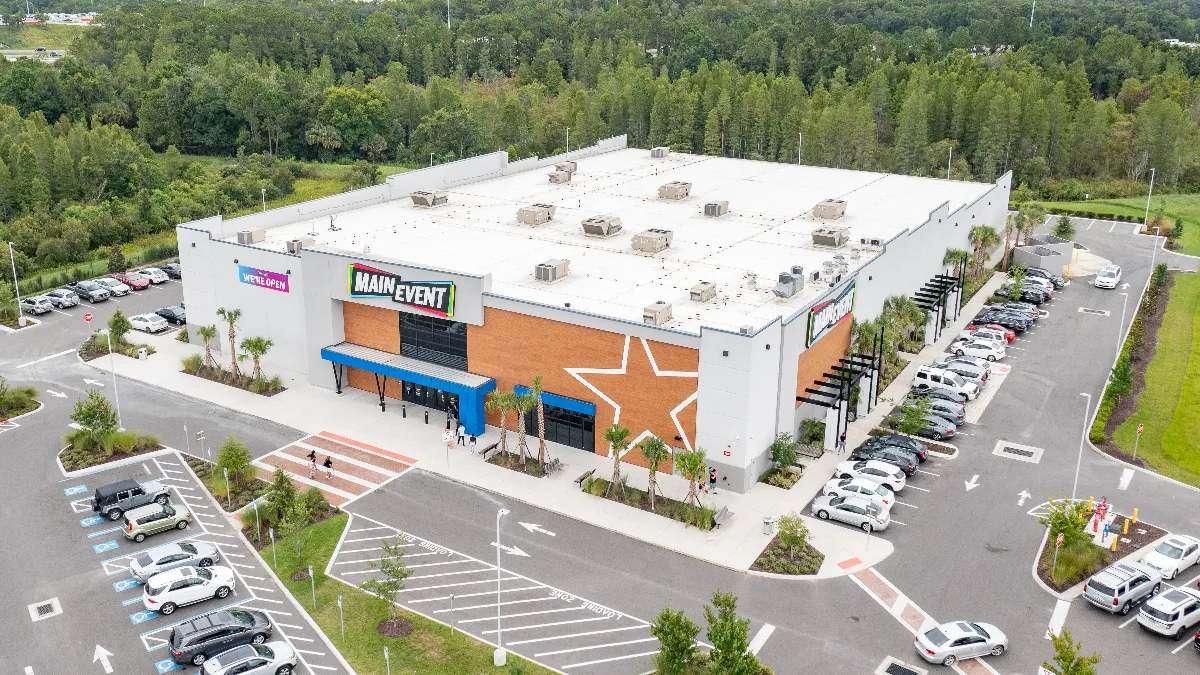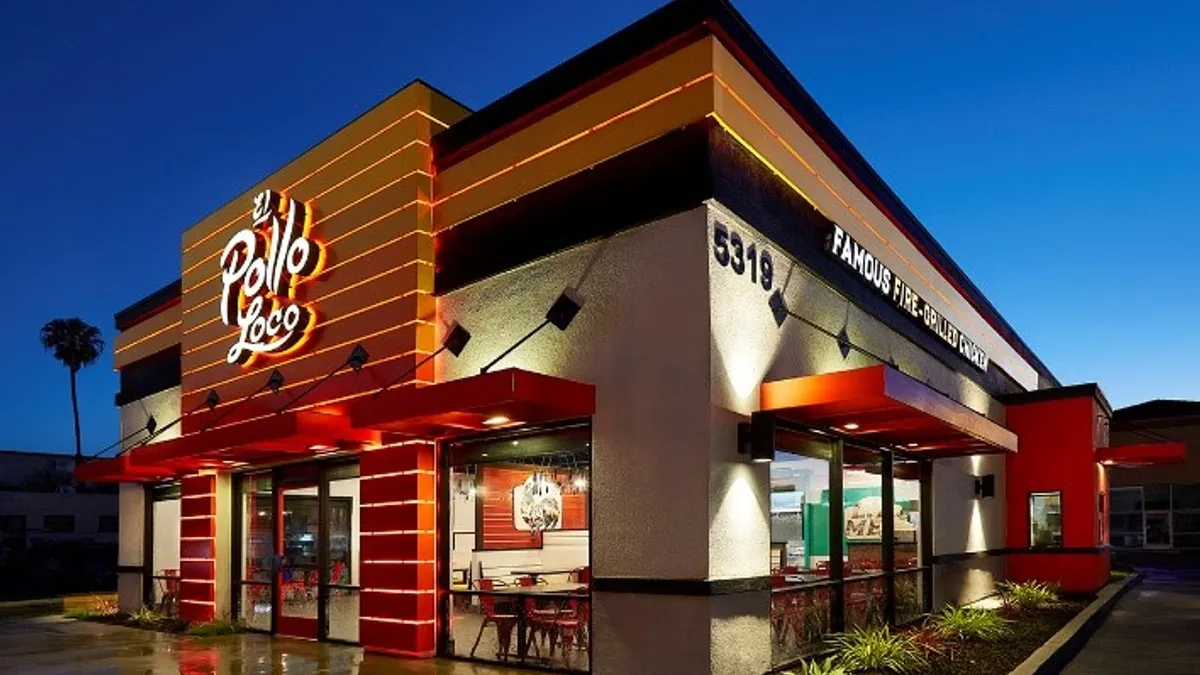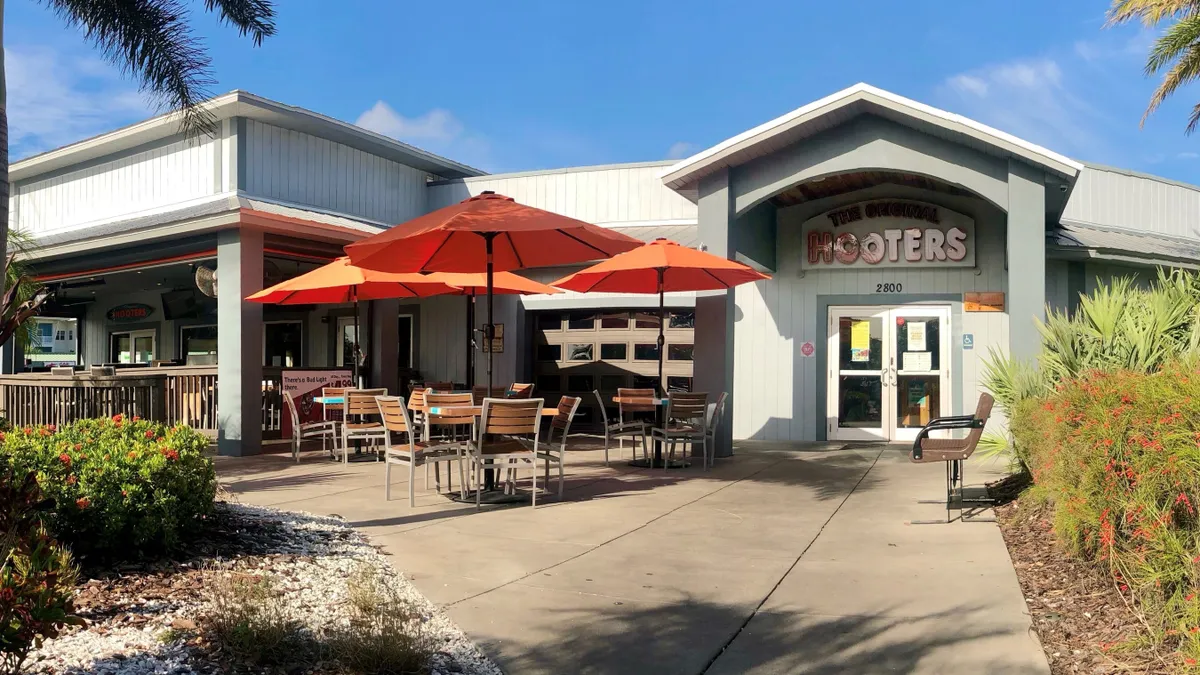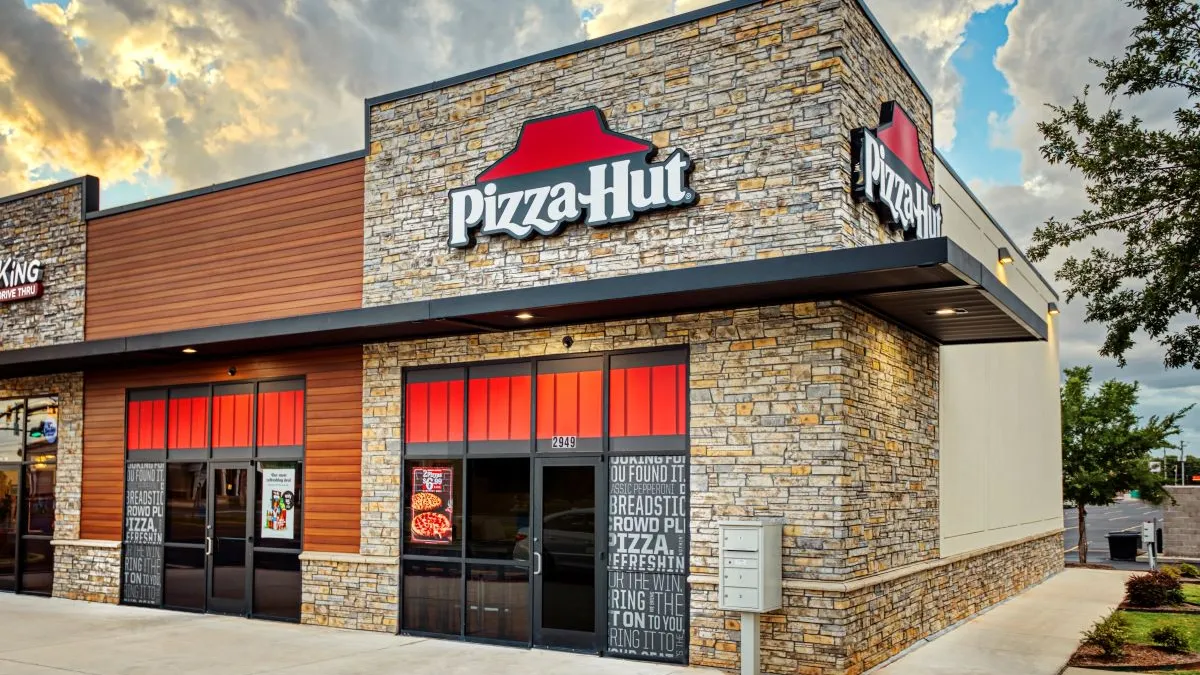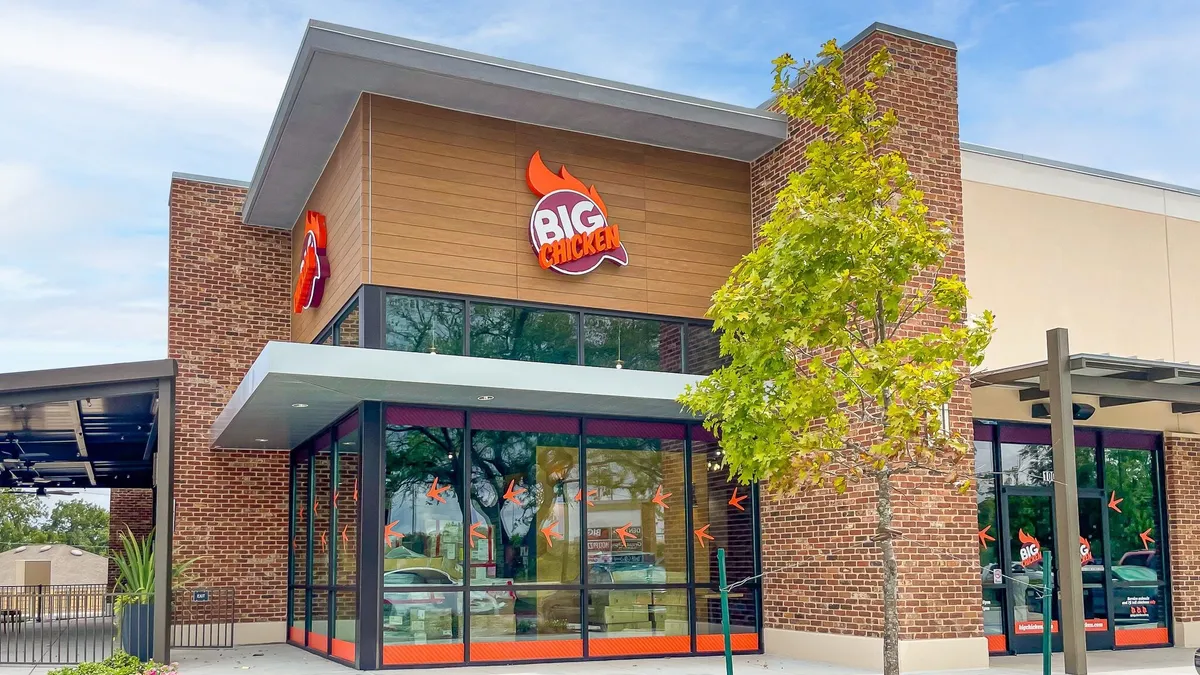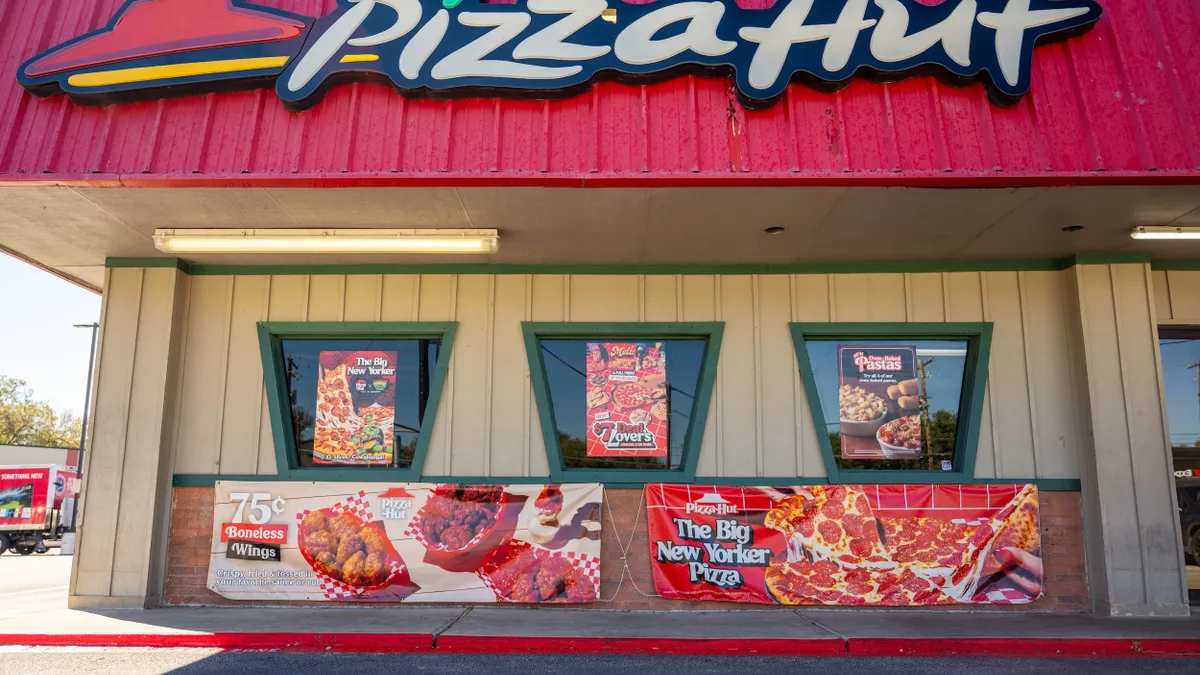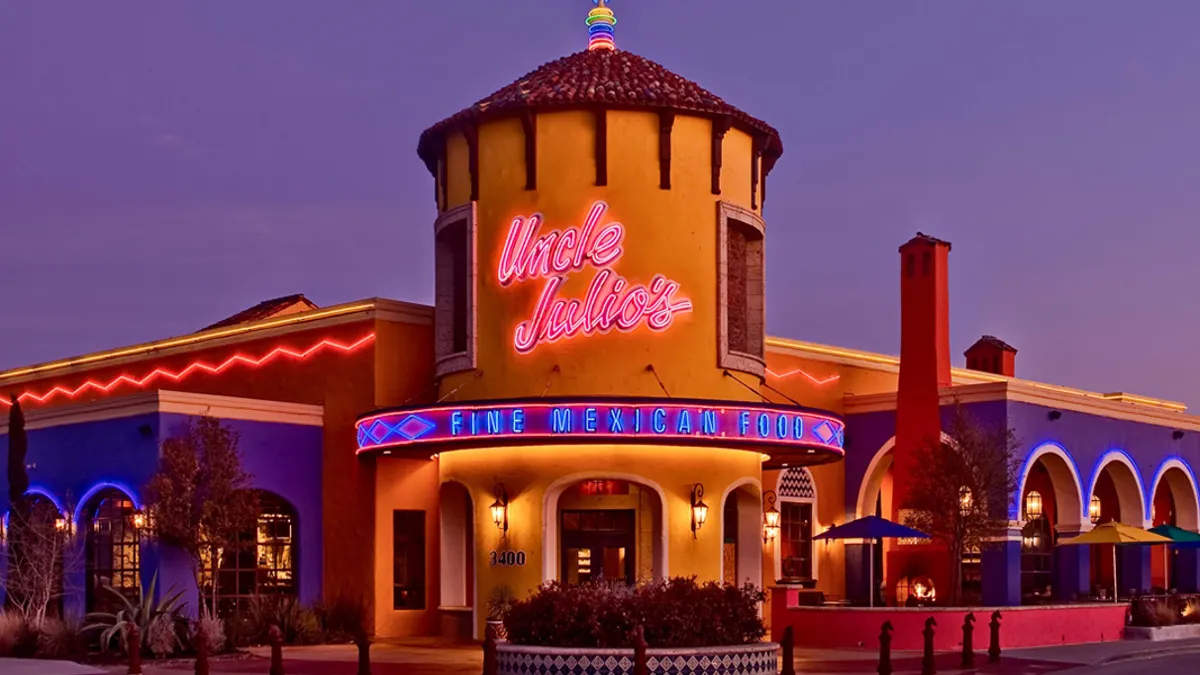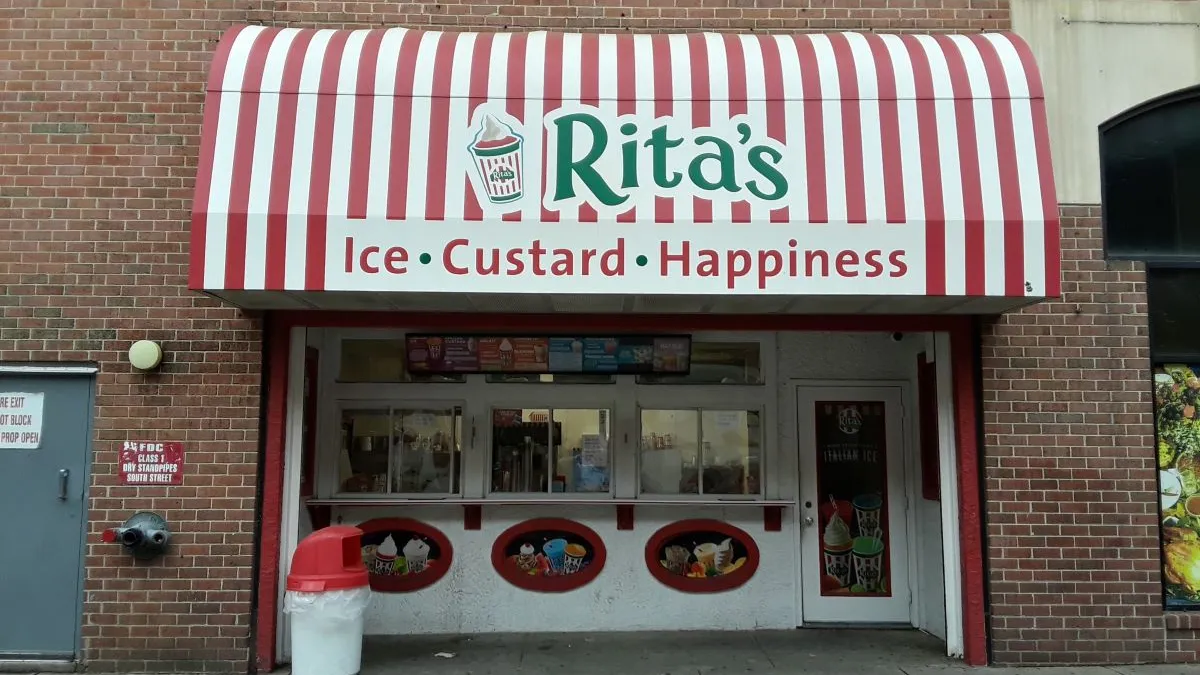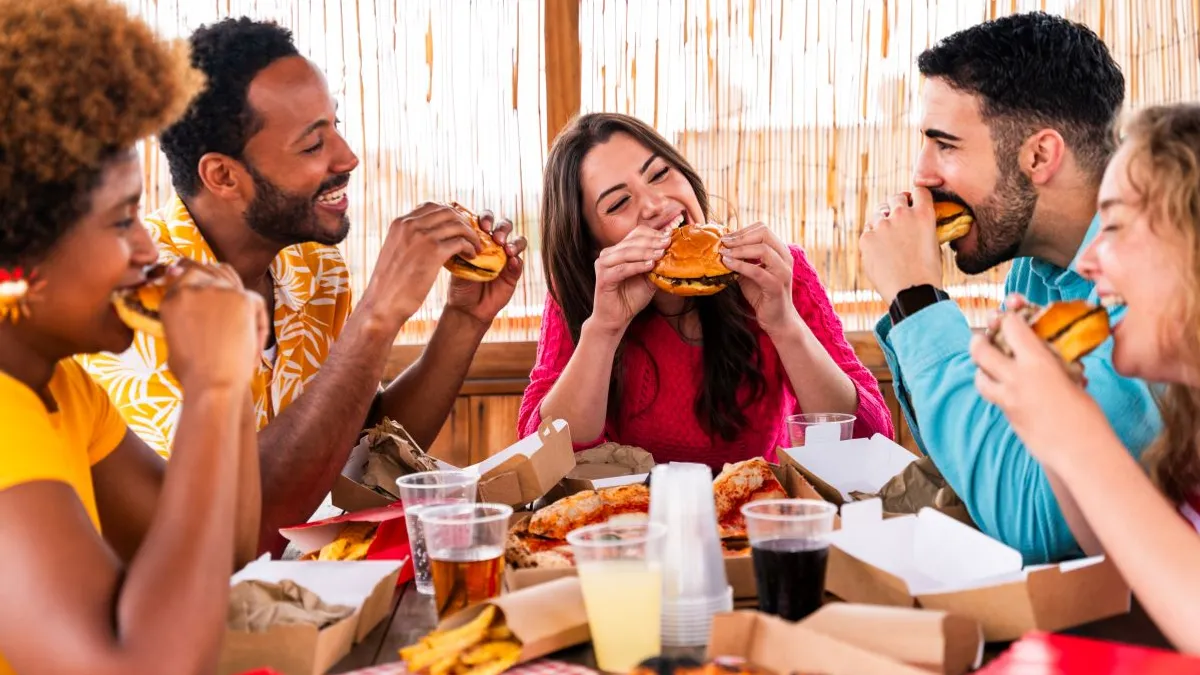In 2021, buyers ranging from private equity firms to franchisees and restaurant companies were hot to acquire restaurants. Sales improved thanks to a surge of diners eating out, and capital remained cheap and plentiful. June 2021 alone saw five major restaurant deal announcements. Restaurant Business International closed the biggest acquisition of the year with its $1 billion purchase of Firehouse Subs in November 2021.
But 2022 looked nothing like 2021. Inflationary pressure, rising interest rates and a higher cost of capital curtailed a lot of M&A activity, experts say. With the Federal Reserve likely to boost interest rates again in 2023, borrowing will remain expensive.
Deals were still made, but at a slower pace, said Josh Benn, head of Americas M&A advisory and global head of consumer corporate finance at Kroll, a corporate investigation and risk consulting firm. The market now requires much more creativity and sophistication to get a transaction closed, especially as a way to solve long-term issues and bridge valuation discrepancies, he said.
Middle-market transactions were more common in 2022 than large cap deals since financing was difficult due to inflation and high interest rates. This was a particular problem in the full-service dining segment, Benn said. Buyers feel more comfortable with limited-service deals, but full-service transactions aren’t out of the question, he said.
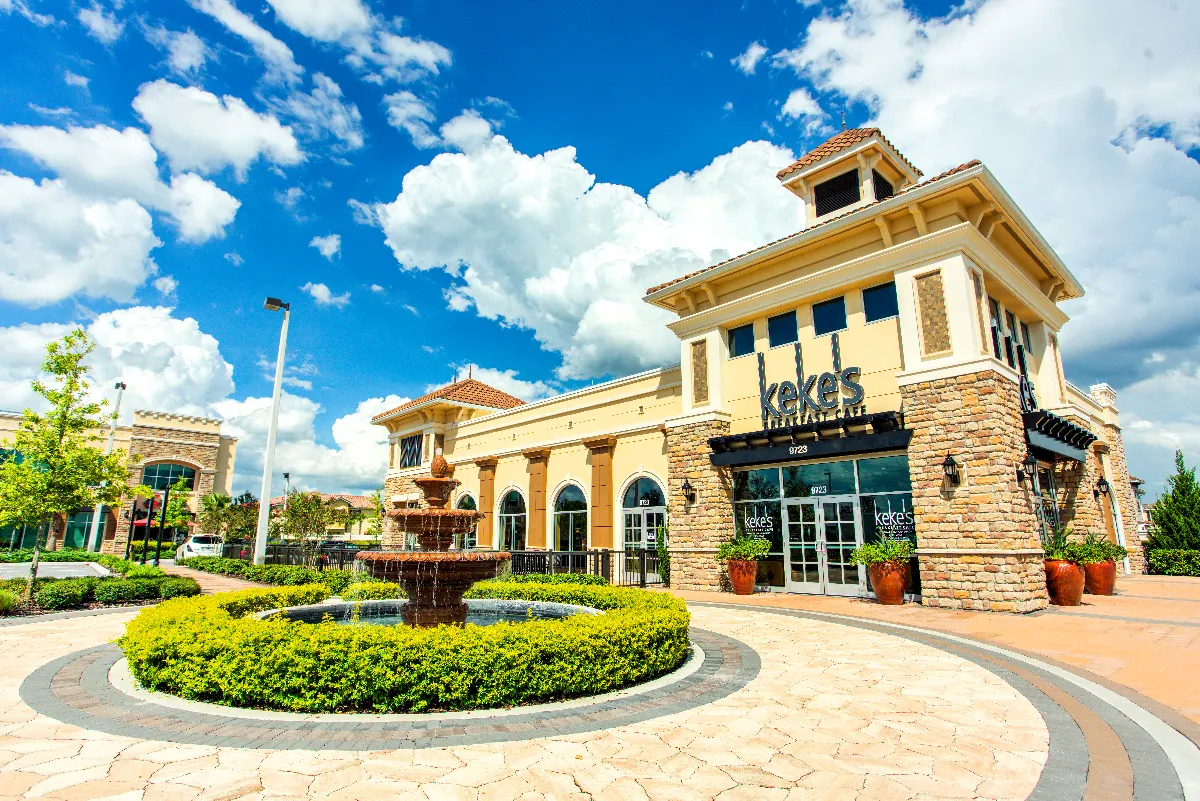
Multi-brand platforms are still hungry for QSRs
Buyers are attracted to restaurant models that require fewer employees, rake in significant off-premise sales and require low capital expenses to build, Benn said. A high percentage of franchised locations is also attractive.
Marbet Lewis, a founding attorney at Spiritus Law’s alcohol industry group in South Florida, said buyer interest in limited-service models is unlikely to change in 2023, since QSRs work so well with popular consumer channels like delivery.
“A lot more quick-service-style restaurants have been popping up everywhere,” Lewis said.
Companies with multi-brand restaurant platforms are more apt to seek acquisitions. In 2022, very few giant brands acquired another restaurant business. Instead, chains looking to expand into certain markets are buying restaurants they can convert to their existing brands without having to start from scratch with real estate, Lewis said.
For example, Fat Brands CEO Andy Weiderhorn said the company, which has been building out its roster of acquired restaurants over the last two years, could still consider brand deals that are accretive to its existing platform. In 2022, Fat bought Nestle Toll House Cafe with plans to rebrand these stores as Great American Cookies locations, a brand Fat acquired in 2021.
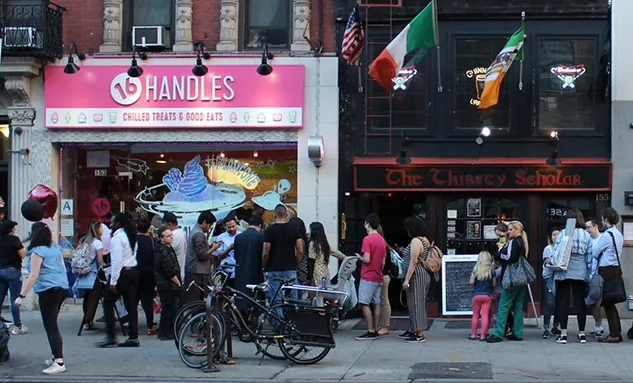
Franchisees are snapping up more chains
Strategic buyers acquired more restaurants in 2022 than private equity firms due to the latter’s capital constraints, Benn said. Franchisees, for example, are becoming active acquirers. Play Ball Florida, a franchisee of Glory Day Grills restaurants in Florida and Georgia, will buy Glory Days Grill, which owns 22 corporate locations in Virginia and Maryland. 16 Handles, a New York-based frozen yogurt concept with over 30 units, was acquired in August by its largest franchisee. The operator, Neil Hershman, plans to grow the regional brand within the Tri-State area. YTG Enterprises, Jack in the Box’s largest franchisee, bought a majority stake in 48-unit Nick the Greek in December, less than two years after buying Taco Cabana.
Large buyouts from public companies may be rare. Public company stocks are getting hammered in the current economic climate, which makes it more challenging for them to make acquisitions, Benn said.
“It’s difficult for a publicly traded company to buy a privately-owned company business for a multiple that is higher than what they’re currently trading for,” Benn said.
Still, there were a few exceptions in 2022. Dave & Buster’s acquired Main Event in April for $835 million and Denny’s bought Keke’s Breakfast Cafe for $82.5 million in July, for instance. MTY Group also purchased BBQ Holdings for about $200 million. Dine Brands bought Fuzzy’s Taco Shop for $80 million, adding a third major brand to its platform.
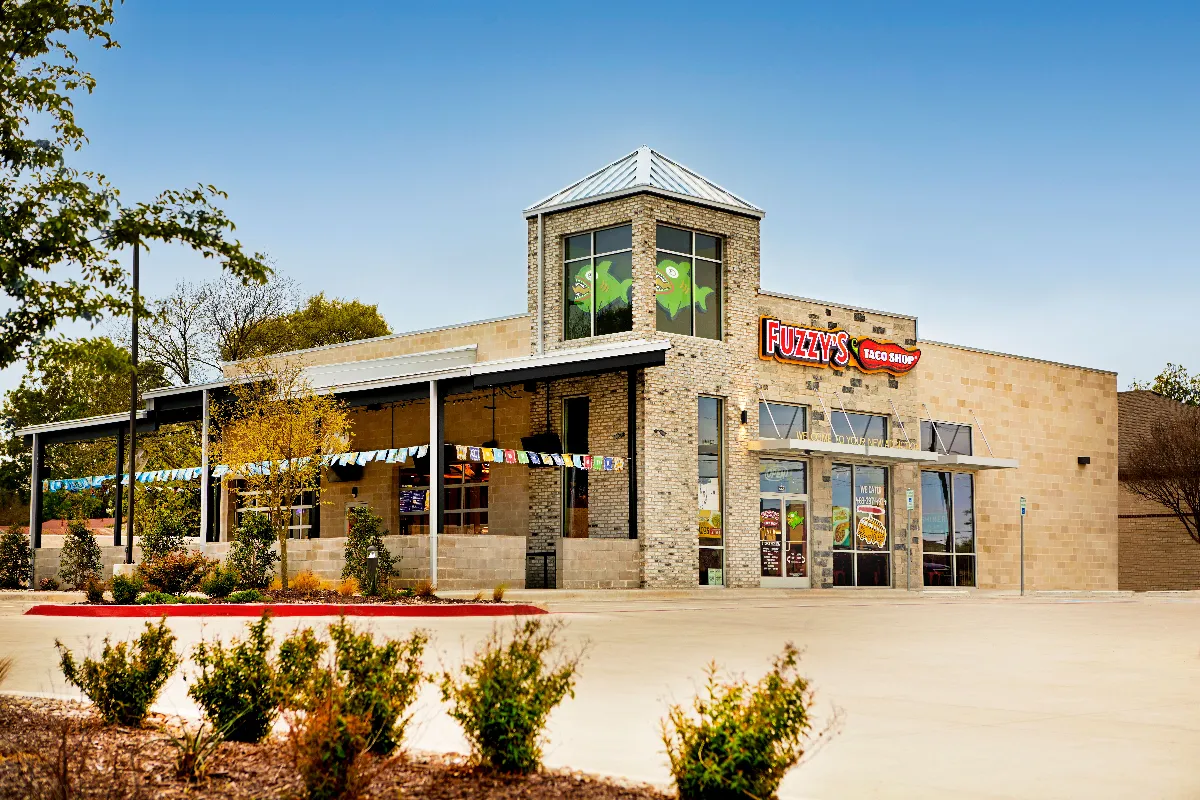
The restaurant industry will see more distressed deals in 2023
Supply chain volatility and commodity costs also pressured margins for much of 2022, Benn said. Labor remains difficult, and the operating environment remains challenging. While many of the raw material costs have moderated, others are still elevated, and utilities, labor and construction costs are expected to be additional challenges in 2023, Benn said.
These conditions could make some distressed groups more willing to find a seller.
“Several larger franchise groups — quick-service franchise groups — are distressed and their debt is trading at stressed levels,” Benn said. “You’re certainly starting to see activity there, but it’ll definitely be an active market sort of across the spectrum.”
If a company buys the debt of a distressed restaurant and the restaurant isn’t able to turn its business around, that lender company could end up buying the restaurant. This situation occurred when Fortress Investment Group, one of Krystal’s senior lenders, bought Krystal out of bankruptcy in 2020. It bought $27 million in debt and assumed $21 million in liabilities as part of the deal.
“Format matters, geography matters, brand matters, food quality matters, all of these things factor into whether a business is able to navigate this type of environment,” Benn said. “In order to maintain margin and drive profitability, [restaurants] have to pass along costs to consumers. If consumers already view [the restaurant] as expensive — they’re not delivering good value — then it’s much more difficult for those brands to pass along those incremental costs.”
Value isn’t just about price, but also quality, service and consumer perception. If an operator doesn’t have the ability to deliver on those points, then margins will continue to be pressured and compressed, Benn said. If a buyer doesn’t acquire their debt or finances don’t improve, these restaurants and franchisees will face bankruptcy, he said.
“If any business fits that profile of being a less quality company and they’ve got debt on their balance sheet, they can end up in a difficult situation,” Benn said.



